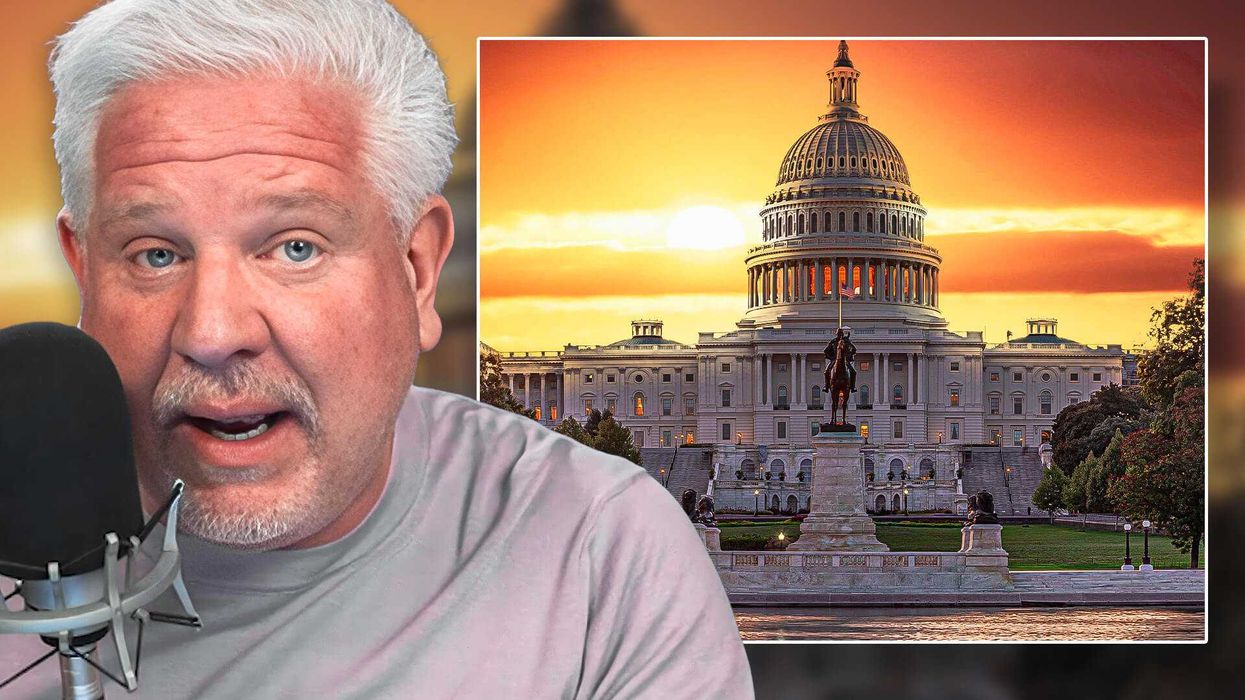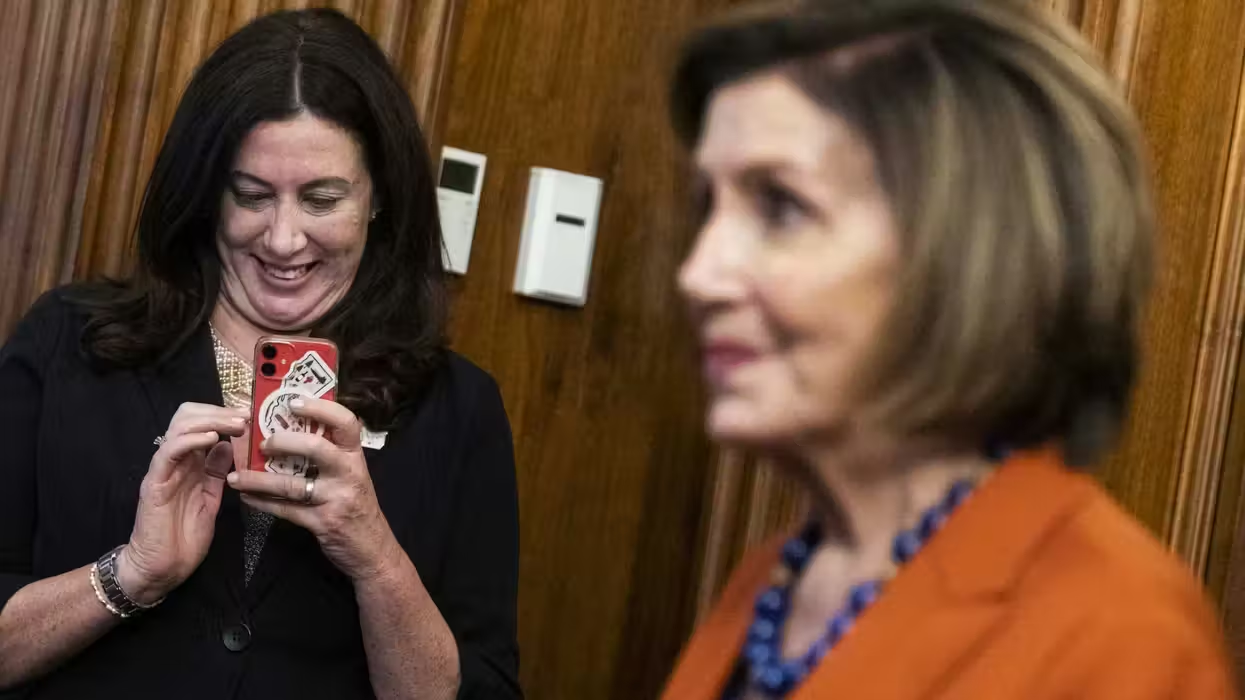
© 2025 Blaze Media LLC. All rights reserved.
More than the Pentagon's budget.

WASHINGTON (TheBlaze/AP) -- The U.S. health care system squanders $750 billion a year -- roughly 30 cents of every medical dollar -- through unneeded care, byzantine paperwork, fraud and other waste, the Institute of Medicine said Thursday in a report that ties directly into this year’s presidential election.
President Barack Obama and Republican Mitt Romney are accusing each other of trying to slash Medicare and put seniors at risk. But the counter-intuitive finding from the report is that deep cuts are possible without rationing, and a leaner system may even produce better quality.
"Health care in America presents a fundamental paradox," said the report from an 18-member panel of prominent experts, including doctors, business people, and public officials. "The past 50 years have seen an explosion in biomedical knowledge, dramatic innovation in therapies and surgical procedures, and management of conditions that previously were fatal ..."
"Yet, American health care is falling short on basic dimensions of quality, outcomes, costs and equity," the report concluded.
If banking worked like health care, ATM transactions would take days, the report said. If home building were like health care, carpenters, electricians and plumbers would work from different blueprints and hardly talk to each other. If shopping were like health care, prices would not be posted and could vary widely within the same store, depending on who was paying.
How much is $750 billion? The one-year estimate of health care waste is equal to more than ten years of Medicare cuts in Obama's health care law. It's more than the Pentagon budget. It's more than enough to care for the uninsured.
Getting health care costs better controlled is one of the keys to reducing the deficit, one of the biggest domestic challenges facing the next president. The report did not lay out a policy prescription for Medicare and Medicaid but suggested there's plenty of room for lawmakers to find a path.
As TheBlaze noted yesterday, the need to reform Medicare is real and it is necessary:

Both Obama and Romney agree there has to be a limit to Medicare spending, but they differ on how to get that done. Each accuses of the other of jeopardizing the well-being of seniors.
But panel members urged a frank discussion with the public about the value Americans are getting for their health care dollars. As a model, they cited "Choosing Wisely," a campaign launched earlier this year by nine medical societies to challenge the widespread perception that more care is better.
More than 18 months in the making, the report identified six major areas of waste: unnecessary services ($210 billion annually); inefficient delivery of care ($130 billion); excess administrative costs ($190 billion); inflated prices ($105 billion); prevention failures ($55 billion), and fraud ($75 billion). Adjusting for some overlap among the categories, the panel settled on an estimate of $750 billion.

The report makes ten recommendations, including payment reforms to reward quality results instead of reimbursing for each procedure, improving coordination among different kinds of service providers, leveraging technology to reinforce sound clinical decisions, and educating patients to become more savvy consumers.
The report's main message for government is to accelerate payment reforms, said panel chair Dr. Mark Smith, president of the California HealthCare Foundation, a research group.
"It's a huge hill to climb, and we're not going to get out of this overnight," said Smith. "The good news is that the very common notion that quality will suffer if less money is spent is simply not true. That should reassure people that the conversation about controlling costs is not necessarily about reducing quality."
The Institute of Medicine, an arm of the National Academy of Sciences, is an independent organization that advises the government.
Follow Becket Adams (@BecketAdams) on Twitter
Want to leave a tip?
We answer to you. Help keep our content free of advertisers and big tech censorship by leaving a tip today.
Want to join the conversation?
Already a subscriber?
more stories
Sign up for the Blaze newsletter
By signing up, you agree to our Privacy Policy and Terms of Use, and agree to receive content that may sometimes include advertisements. You may opt out at any time.
Related Content
© 2025 Blaze Media LLC. All rights reserved.
Get the stories that matter most delivered directly to your inbox.
By signing up, you agree to our Privacy Policy and Terms of Use, and agree to receive content that may sometimes include advertisements. You may opt out at any time.





